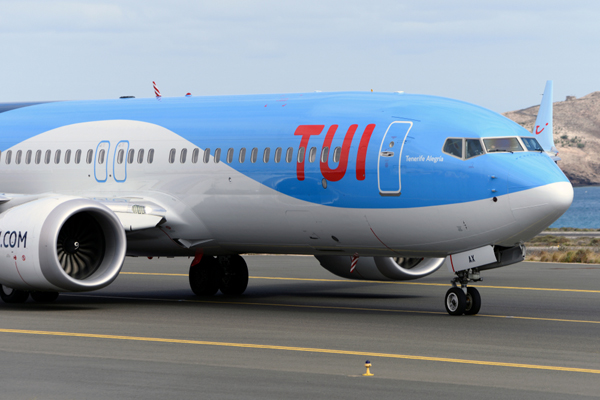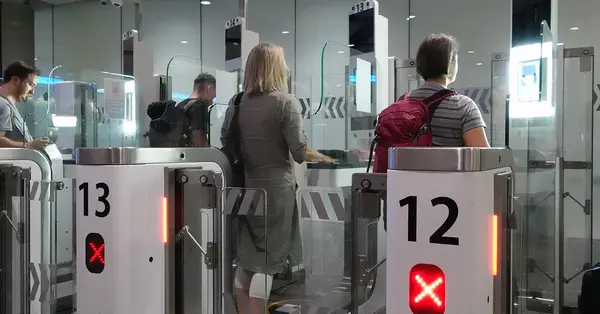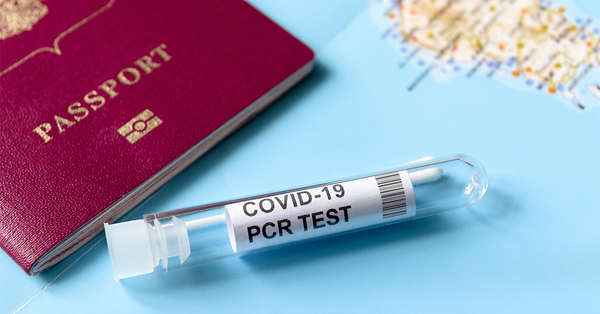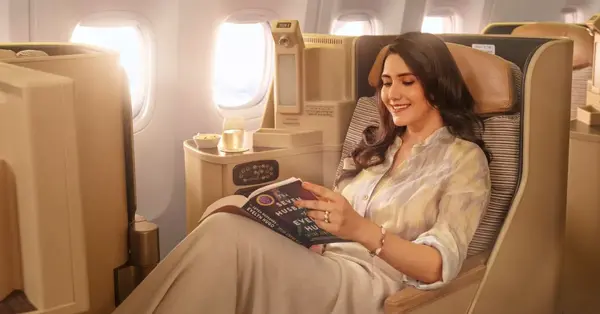You are viewing 1 of your 2 free articles
Tui Group outlines sustainable aviation fuel initiative
Used cooking oils, non-food animal waste and biodegradable waste from various industries can be used to produce sustainable aviation fuel in a bid to cut aircraft emissions by up to 80%, Tui claims.
Europe’s largest travel group is to collaborate on promotion of the production and supply of SAF Spanish energy company Cepsa.
The fuels will be produced from circular raw materials that do not compete with food resources as both companies commit to fight against climate change, with Tui aiming to provide zero emissions travel before 2050.
Tui has a long-standing partnership with Cepsa for the supply of fuel for coaches and ships, two areas where the companies will also work together to pursue decarbonisation.
Tui Group chief sustainability officer Thomas Ellerbeck said: “We see the sustainable transformation not as regulation but as an opportunity for Tui and the travel industry, for destinations, for employees and customers.
“Sustainable tourism not only has a lower ecological footprint, but also supports change in holiday destinations – offering opportunities for local people in destinations and creating social and economic added value. Social, ecological and economic sustainability belong together.
“Emission-free travel is our ambitious goal. Whether the flight to the holiday destination, the cruise, the overnight stay in the hotel or experiences booked locally – together with partners as well as our own concepts and projects to reduce emissions, we are working continuously and in concrete terms towards the goal of net-zero.
“Every business segment, whether Tui Hotels & Resorts, cruises or airlines, has goals and a clear roadmap – in addition, intermediate steps are important, we want and must achieve net-zero faster than 2050.”
Chief airline officer Marco Ciomperlik added: “Collaborations like the one with Cepsa support the achievement of our climate goals. We have set ourselves ambitious reduction targets for Tui Airlines, which are currently being validated by the independent Science Based Targets initiative.
“SAF plays a crucial role in reducing emissions in aviation and for Tui. At the same time, such co-operations contribute to increasing the availability of sustainable aviation fuels in the future. After all, in addition to more carbon-efficient aircraft, SAF in particular are an important lever for more sustainable travel.”


















